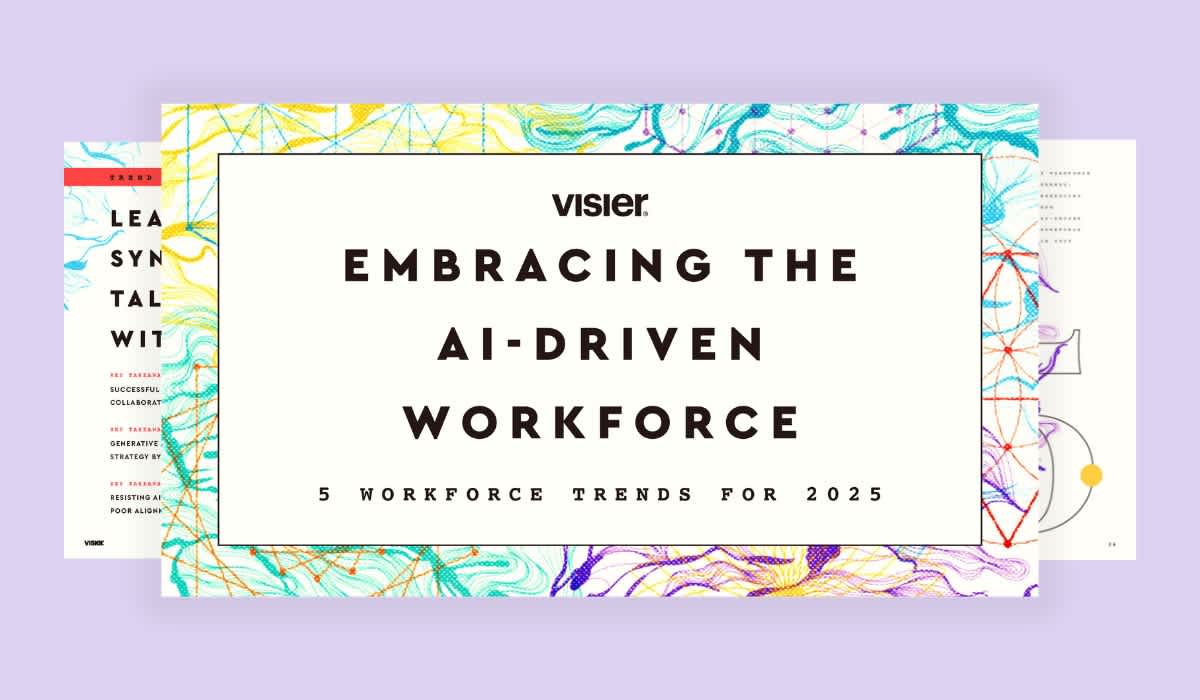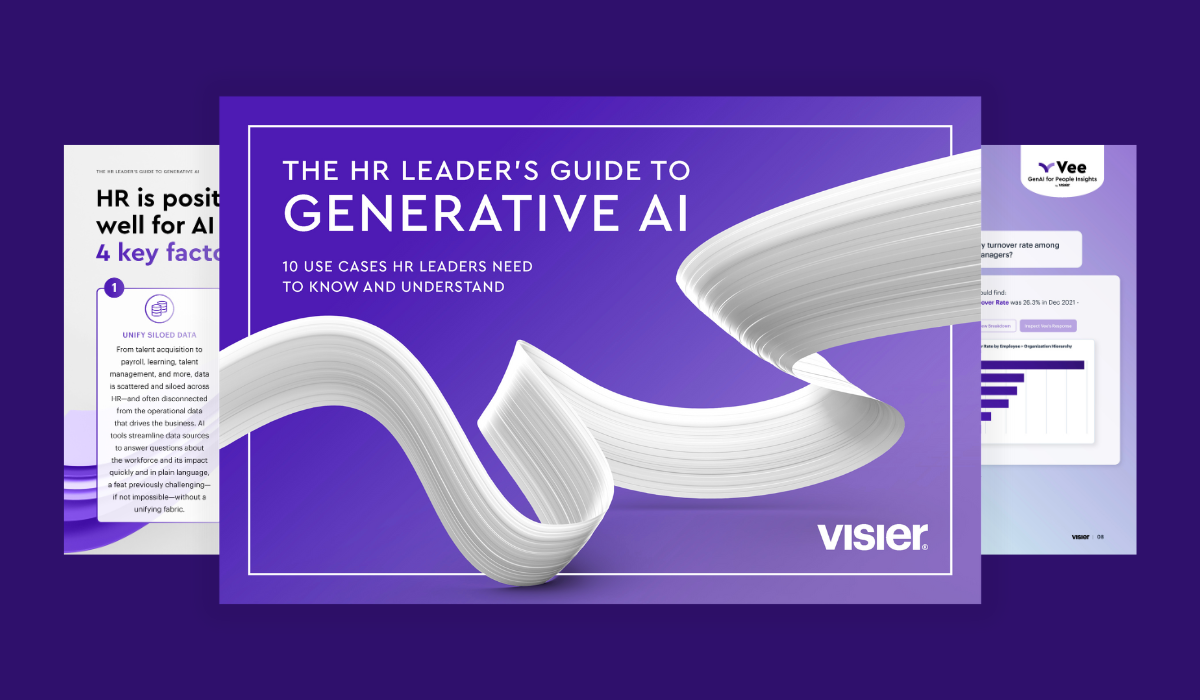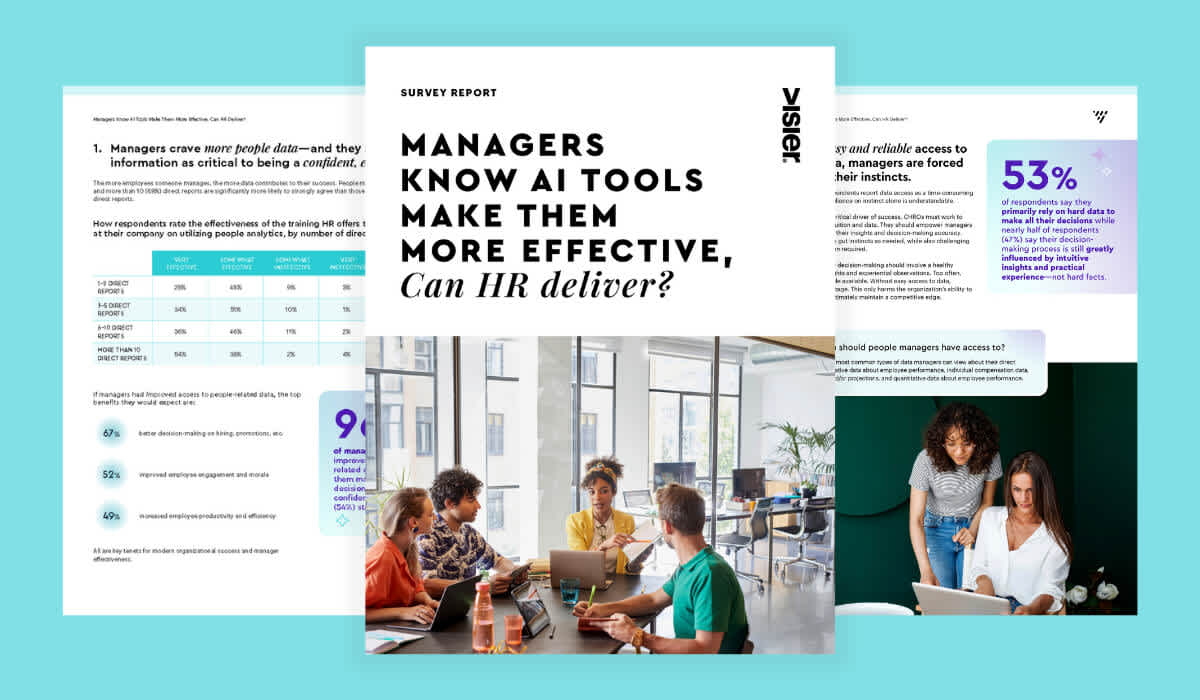What Is AI Analytics?
AI analytics is the use of artificial intelligence systems and processes to analyze and draw insights from big data. Learn more here.

AI analytics refers to the use of artificial intelligence (AI) techniques and technologies to analyze and derive insights from large volumes of data. It involves the application of algorithms and machine learning models to make sense of complex data sets and to generate actionable insights, a process that has historically been manual and time-consuming.
What is AI-powered data analytics?
AI powered data analytics specifically refers to the use of AI technologies in the field of data analytics. It involves using AI algorithms to automate and enhance data analysis processes, including data collection, cleansing, transformation, modeling, and visualization.
How are AI analytics used in HR?
In human resources (HR), AI analytics can be used to analyze and interpret employee data, performance metrics, recruitment data, employee sentiment, and much more. By applying AI techniques to HR data, organizations can gain valuable insights and make data-driven decisions to improve people decisions.
What are the benefits of using AI analytics?
There are a number of benefits to using AI analytics, especially in HR settings. These include:
Improved recruitment and talent acquisition. AI can help HR teams identify the right candidates for specific roles by analyzing resumes, evaluating skills and experience, and predicting candidate success based on historical data.
Enhanced employee engagement and retention. AI analytics can analyze employee feedback, sentiment, and behavior to identify patterns and trends. This information can be used to improve employee engagement strategies and to proactively address potential issues that could lead to dissatisfaction and turnover.
Personalized learning and development. AI analytics can identify skill gaps and recommend personalized training and development programs for employees based on individual needs, performance, and career aspirations.
Predictive workforce planning. AI analytics can help HR departments forecast workforce demands and plan for future needs to ensure optimal staffing levels and to minimal talent shortages.
Compliance and risk management. AI analytics can help organizations identify potential compliance risks by analyzing HR data and detecting anomalies or patterns that may indicate non-compliance with regulations or policies.
To effectively use AI analytics, companies should identify HR challenges, define data requirements, collect and prepare data, develop AI models, implement and integrate the solution, and continuously monitor and improve performance.


